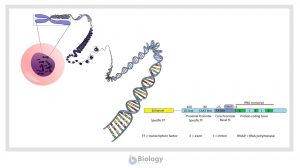Definition
noun, plural: autoimmune diseases
A type of disease as a result of an immune response of the body against own tissue, cell, or cell components
Supplement
An autoimmune disease is a disease due to a high level of autoimmunity. In general, the body’s immune cells would carry out a set of immune response against pathogenic microbes or antigens that gained entry into the body. These responses include antibody production, induction of cell-mediated immunity, complement activation, etc. There are instances wherein the body’s immune cells engage in a high level autoimmune response that they attack the body’s own tissues, cells, or cell components. Thus, diseases may arise as a result.
Some of the diseases or disorders resulting from autoimmunity are as follows:
- Connective tissue disease
- Landry-guillain-barre syndrome
- Landrys paralysis
- Landry syndrome
- Heart and lung transplant
- Lupus
- Experimental allergic encephalitis
- Guillain-barre syndrome
- Winiwarter-buerger disease
- Rheumatoid arthritis
- Sjogren syndrome
- Hypoparathyroidism
- Heart tamponade
- Diabetes mellitus
- Constrictive pericarditis
- Primary biliary cirrhosis
- Thromboangiitis obliterans
- Graves disease
- Immune complex disease
- Ovarian failure premature
- Nil disease
- Lymphocytic interstitial pneumonia
- Immune complex disorder
- Basedows disease
- Granulocytosis
- Dropsy of pericardium
- Morbus addisonii
See also:







